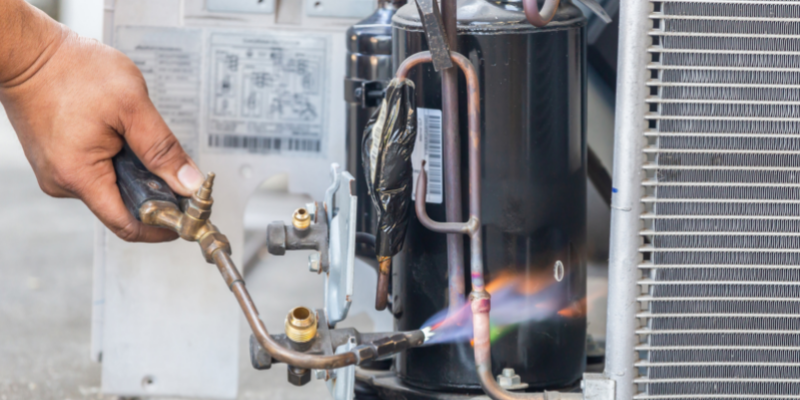The Electronic Technician Course provides you with the skills and knowledge necessary to become a successful electronic technician. You'll learn about electronic components, circuit analysis, soldering, and more. The program will provide you with the skills and knowledge necessary to become a successful electronic technician.
At ITI Technical College, we not only teach our students to be great Electronic Technicians, but we also show them how to apply their skills in the real world. In today’s society, everyone must have the opportunity to learn new skills and trades. Whether you’re looking for a new career or just want to improve your current skill set, ITI Technical College can help. We offer a variety of courses that are designed to give you the knowledge and hands-on experience you need to succeed in today’s competitive job market.
Automation Electronic Systems Program
The Automation Electronic Systems Program at ITI Technical College prepares students for a career in industrial automation. Students learn how to install, maintain, operate and troubleshoot automated systems. The program includes both theory and practical components, allowing students to apply their knowledge in a real-world setting. Upon completion of the program, graduates will be prepared for entry-level positions in industrial automation.
The Automation & Electronic Systems Technology (AOS) program at ITI Technical College is one of our most popular programs. This program provides the training necessary to become an electronics technician or engineer. The demand for qualified electronics technicians is expected to grow significantly in the next decade, making this a great career choice. Automation and electronic systems are used in a variety of industries, including manufacturing, automotive, aerospace, and many others. With the proper training from ITI Technical College, you can find a rewarding career in any of these industries.
Electronic Systems Technology
Electronic Systems Technology is a growing field that encompasses the design, development, installation, and maintenance of electronic systems. EST technicians work in a variety of settings, including commercial and industrial businesses, government agencies, and educational institutions. They may also be self-employed. The scope of EST is broad, and technicians may specialize in one or more areas of the field.
When you come to ITI Technical College, you can be confident that you will receive the training needed to succeed. Our program is designed to give students the skills and knowledge necessary to enter this growing field. With hands-on experience and classroom instruction, our students are prepared for a variety of careers in the electronics industry. And if you’re not sure which path is right for you, no worries. Our team is ready to help you discover your path.
Electronics Course
The electronics course provides an introduction to the basics of electronics, including circuits, amplifiers, and digital electronics. Electronics courses are often a prerequisite for more advanced courses in electrical engineering Many students who take electronics courses find them interesting and useful.
Electronics courses prepare you for a better life and help you discover your path. Our team is ready to help you find the right path for you. Electronics courses are one of the best ways to improve your career and prospects. Contact us today at (225) 752-4233 to learn more about us and how we can help you find a successful career path.
For more information about graduation rates, the median debt of students who completed the program, and other important information, please visit our website: https://www.iticollege.edu/disclosures







